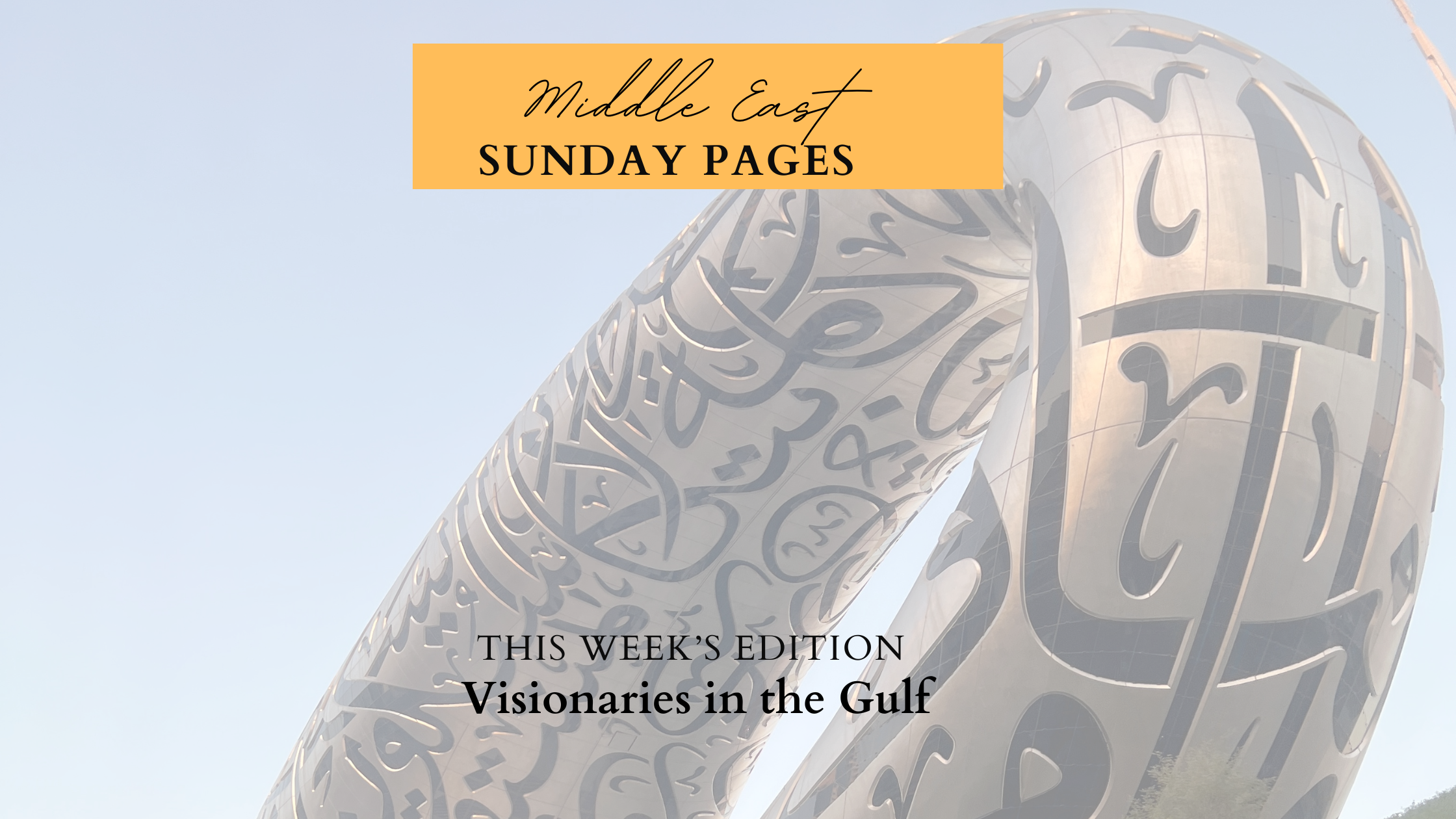
Visionaries in the GCC
The Gulf Cooperation Council (GCC) is a group of six countries in the Middle East: Saudi Arabia, the United Arab Emirates (UAE), Qatar, Kuwait, Bahrain, and Oman. In recent years, these countries have developed ambitious plans, called “visions”, to transform their economies and societies. Let’s explore what these visions are all about and why they matter.
Why Do GCC Countries Need Visions?
For a long time, the GCC countries relied heavily on oil and gas exports to fuel their economies. However, they realised this wasn’t sustainable in the long run for several reasons:
- Oil prices can be unpredictable
- The world is moving towards renewable energy
- Their growing populations need more diverse job opportunities
To address these challenges, GCC countries created vision plans to guide their development into the future.
Key Features of GCC Visions
While each country’s vision is unique, they share some common goals:
- Economic diversification: Reducing dependence on oil and gas
- Private sector growth: Encouraging more businesses and entrepreneurship
- Education and skills development: Preparing citizens for new types of jobs
- Tourism and cultural development: Attracting visitors and showcasing heritage
- Technological advancement: Embracing innovation and digital transformation
- Sustainability: Addressing environmental concerns and promoting renewable energy
Now, let’s look at the visions of each GCC country:
Saudi Arabia: Vision 2030
Saudi Arabia’s Vision 2030 is perhaps the most well-known of the GCC visions. Launched in 2016, it aims to transform the Kingdom into a global investment powerhouse and reduce its reliance on oil. Some key goals include:
- Lowering unemployment
- Increasing non-oil government revenue
- Developing the tourism sector
- Empowering women in the workforce
- Creating a thriving entertainment industry
- Creating housing programs for Saudis
Saudi Arabia has already made progress in areas like allowing women to drive and opening up the country to international tourists. The Kingdom is also working on ambitious projects like NEOM, RSG, ROSHN, and others. If you want to learn more about all the projects you can download a comprehensive list here.
United Arab Emirates: Various Visions
The UAE has several vision plans, both at the federal and emirate levels:
- UAE Centennial 2071: A long-term vision to make the UAE the best country in the world by its 100th anniversary
- UAE Vision 2021: Focused on creating a knowledge-based economy (now completed)
- Abu Dhabi Economic Vision 2030: Aims to diversify Abu Dhabi’s economy
The UAE has made significant strides in areas like renewable energy, space exploration, and artificial intelligence. Projects like the Museum of the Future in Dubai showcase the country’s commitment to innovation.
There are so many opportunities for international companies to get involved but you need to start somewhere – we have a huge amount of free resources as well as the Star-CaT Middle East products that help you understand what to do first.
Qatar: National Vision 2030
Qatar’s vision focuses on balancing economic growth with environmental protection and social development. Key goals include:
- Developing a knowledge-based economy
- Improving education and healthcare
- Preserving Qatar’s cultural heritage
- Promoting environmental sustainability
Qatar has invested heavily in education, bringing international universities to its Education City. The country has also gained global attention by hosting major events like the 2022 FIFA World Cup.
To get more insider knowledge about what is happening in Qatar, subscribe to our Middle East Insights Newsletter.
Kuwait: Vision 2035 “New Kuwait”
Kuwait’s vision aims to transform the country into a financial and commercial hub. Its main objectives are:
- Diversifying the economy away from oil
- Improving infrastructure
- Developing human capital
- Promoting sustainable living environments
Kuwait is working on large-scale projects like Silk City, a planned urban area that aims to boost trade with neighbouring countries.
Bahrain: Economic Vision 2030
Bahrain’s vision focuses on creating a competitive and sustainable economy. Key areas of focus include:
- Enhancing productivity and skills of Bahrainis
- Promoting innovation and entrepreneurship
- Developing the financial services sector
- Improving quality of life and healthcare
Bahrain has made efforts to position itself as a fintech hub in the region and has introduced initiatives to support startups and small businesses. Events and regular updates can be found in the Middle East Insights, subscribe here.
Oman: Vision 2040
Oman’s vision aims to achieve economic diversification and social well-being. Its main goals are:
- Developing non-oil sectors like tourism and logistics
- Improving education and employment opportunities
- Enhancing governance and institutional performance
- Promoting environmental sustainability
Oman is developing projects like the Duqm Special Economic Zone to attract investments and create jobs outside the oil sector. We have a MasterClass on Oman and how you can be part of their growth in our Middle East Shop.
Challenges and Opportunities
While these visions are ambitious and promising, GCC countries face several challenges in implementing them:
- Changing global energy landscape
- Regional geopolitical tensions
- Need for significant investments in new sectors
- Cultural and social changes required for some reforms
However, these challenges also present opportunities:
- Potential for innovation and technological leadership
- Chance to create more sustainable and diverse economies
- Opportunity to develop local talent and reduce dependence on foreign workers
- Possibility of becoming regional hubs for various industries
The Role of Regional Cooperation
Recently, the GCC has also developed a collective Vision for Regional Security. This plan aims to:
- Preserve regional security and stability
- Promote economic cooperation
- Address shared challenges like climate change
- Enhance maritime security and freedom of navigation
This collective vision shows that GCC countries recognise the importance of working together to achieve their individual and shared goals.
The visions of GCC countries represent ambitious plans to transform their economies and societies. While each country has its unique focus, they all share the goal of creating more diverse, sustainable, and innovative economies that can thrive in a post-oil world.

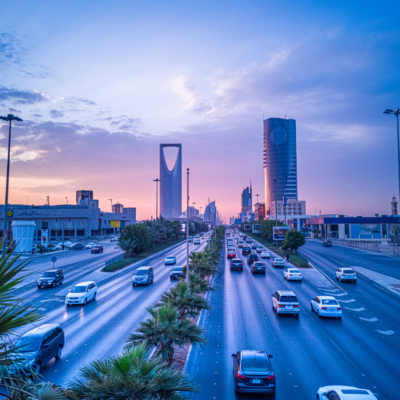
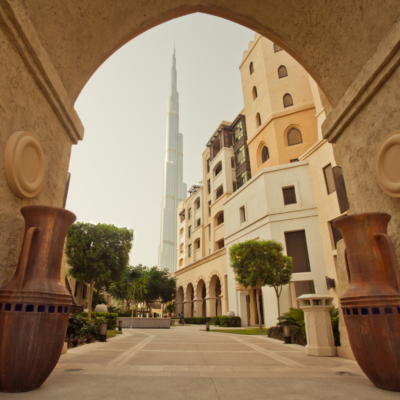
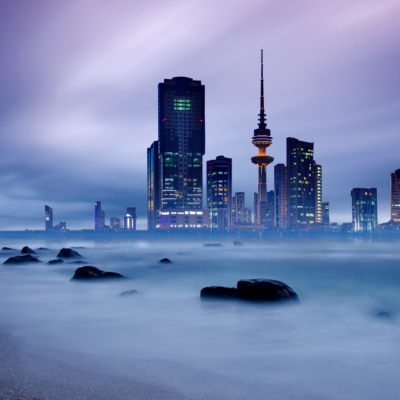
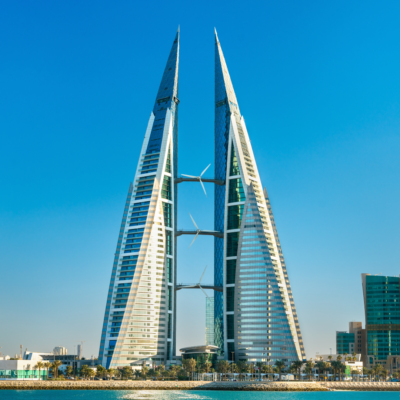
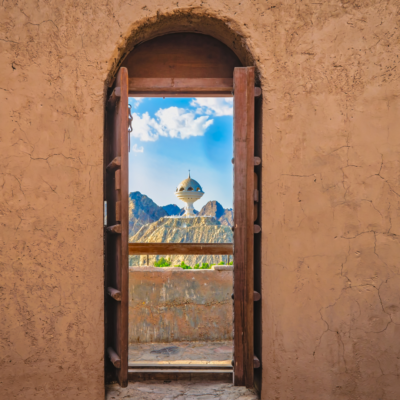
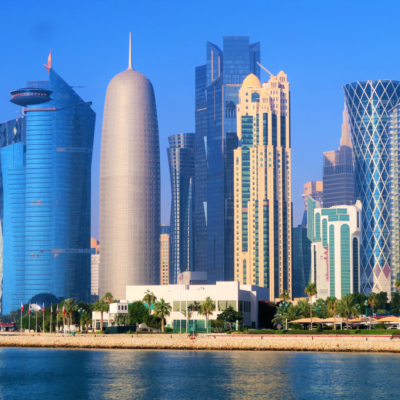
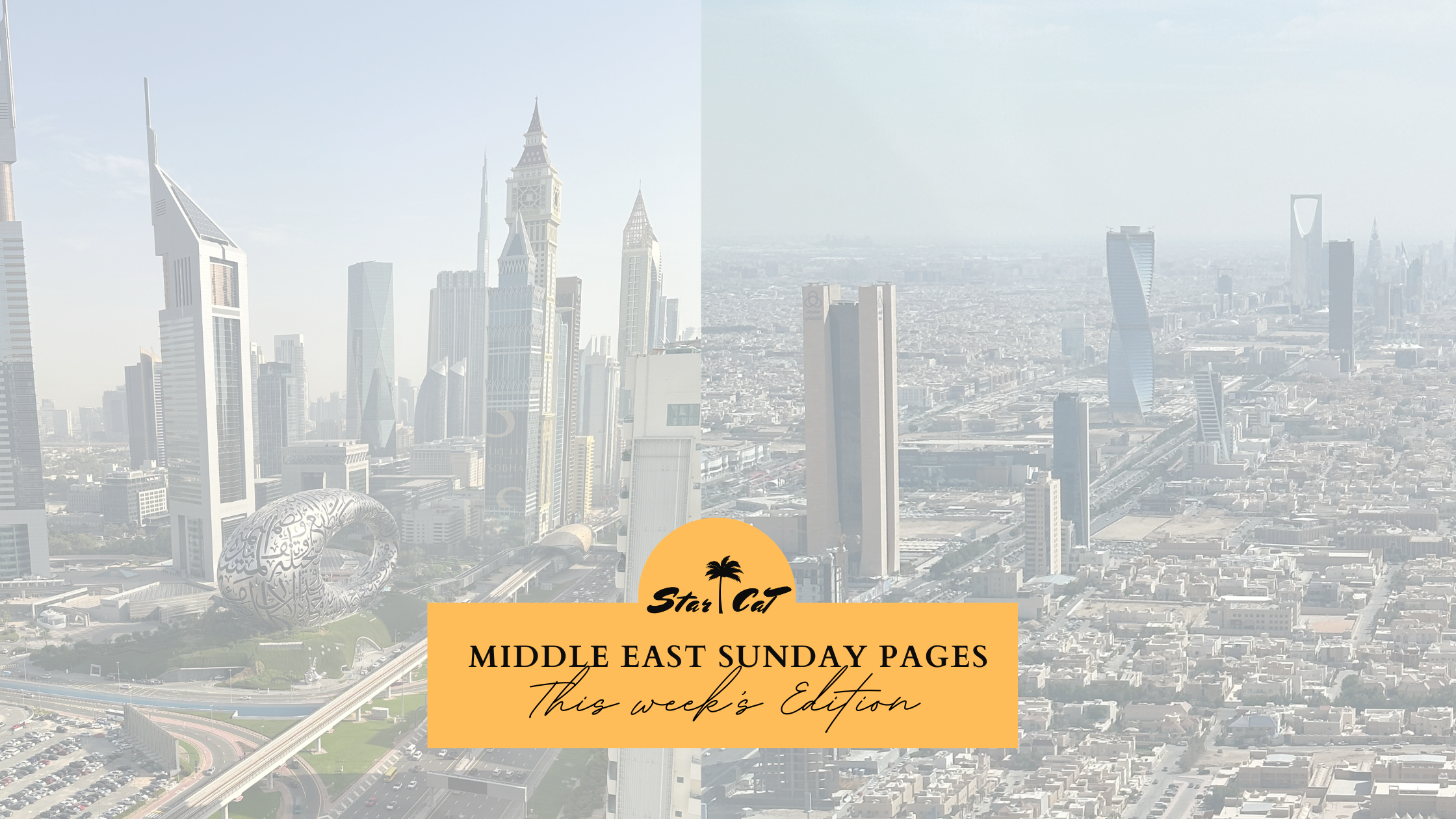


This Post Has 0 Comments